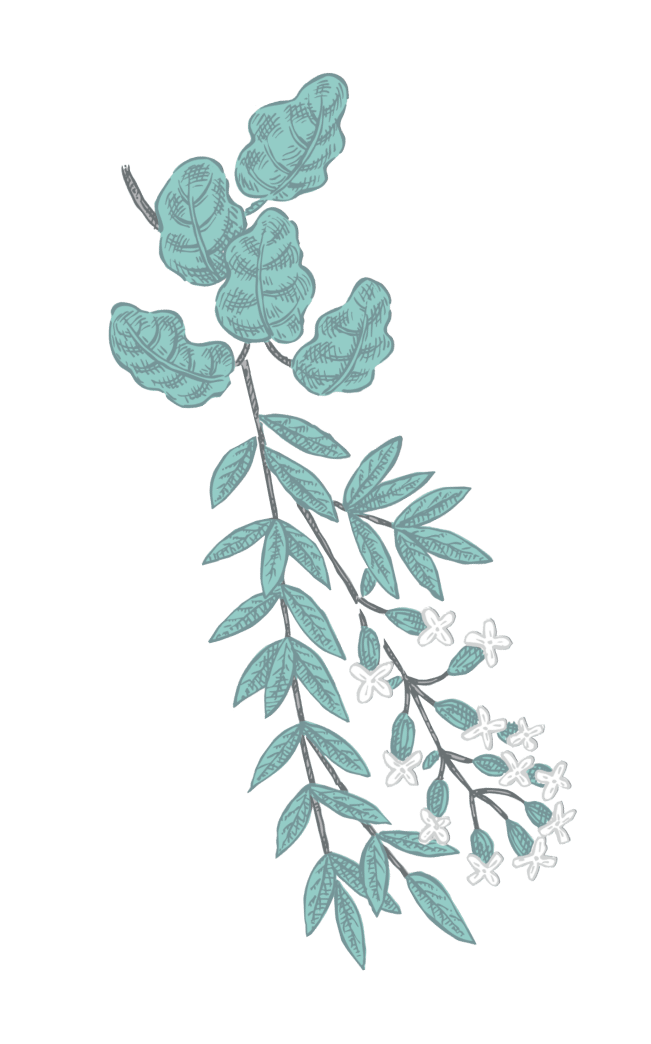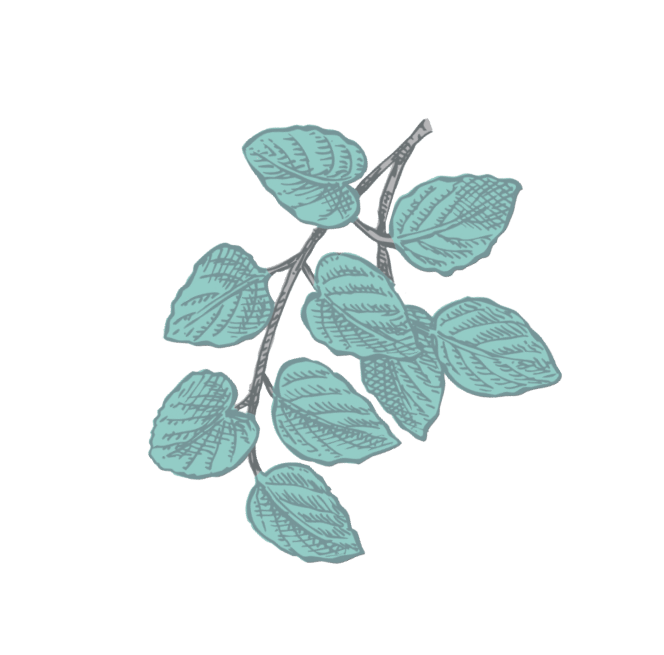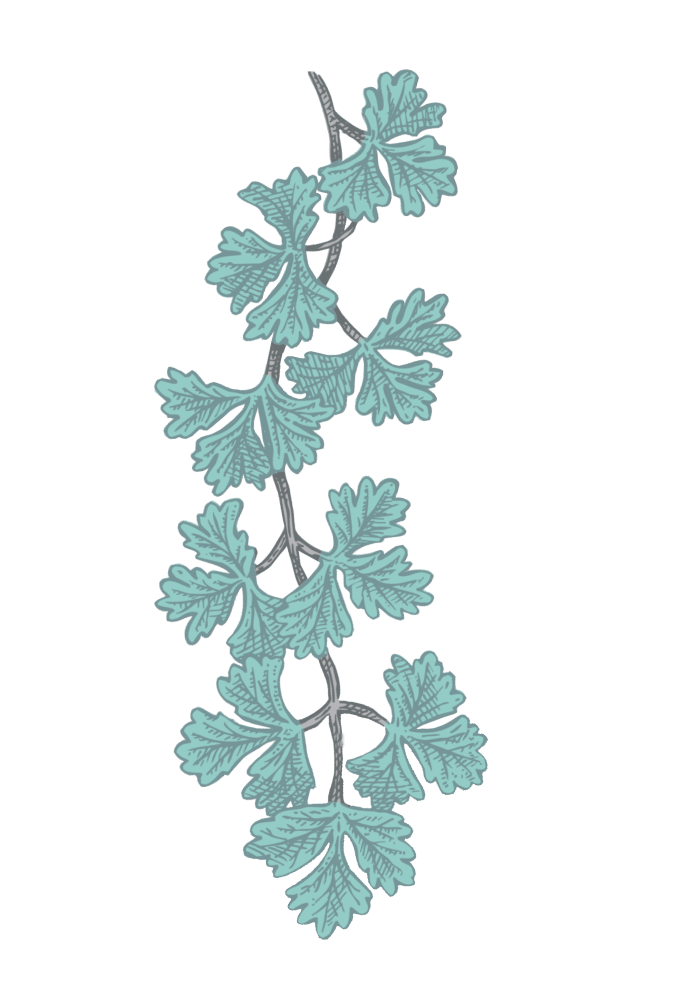Many thanks for your query.
We will come back to you shortly.
















I first started working with wines and spirits when I turned 18 to fund my studies and immediately became smitten with the industry. I pursued bartending with great enthusiasm, started entering competitions and won national mixology contests. I even served drinks for the Queen at the Ritz on the anniversary of her coronation! When I finished university (where I was studying psychology), 24 hours after my last exam, I was back working bars... That’s how my career started.
From bartending to running restaurants and working for industry suppliers, I kept coming back to it. Before I started Cambridge Distillery, I worked as an industry educator particularly looking at wine and spirits production methods, provenance, and how we assess quality. I have now been an international judge for both wines and spirits for over 10 years. My proudest achievement came recently, though, when I became the first ever Master Distiller to pass the Master of Wine.
That was precisely the subject of the Research Paper I wrote for the Master of Wine qualification! I was able to demonstrate, empirically, my belief that improving a person’s ability in wine tasting has a positive impact on their ability to taste spirits. In short, I studied wine to improve my understanding of spirits. As a result, I am a better taster, a more informed producer, and a more appreciative consumer.
It had been a private project for a few years already before we decided to turn it into a commercial venture. We (my wife Lucy and I) made that decision in 2011, whilst walking in the meadows around our home, and wondering out loud why nobody was making gins with real provenance – something which is so highly valued in wines and other spirits.
Having already developed some interesting and versatile techniques which enabled us to use fresh botanicals rather than dried, locally grown rather than imported, we saw an opportunity to really add something to the range of products available at the time. Importantly, it was the opportunity to add something with genuine quality rather than just creating another predictable range of ‘flavoured’ gins.

In traditional Gin production, spirit and juniper (and other botanicals) go in a pot still that is heated up. The evaporated liquid is then cooled down and Gin comes out. That is how the universally acknowledged London Dry Gin is made. However, what makes London Dry Gin great is also a very restrictive feature. What makes it great is that only natural ingredients must be used. What makes it restrictive is that for this method to work, the botanicals are heated between 78 and 100 degrees Celsius and not a lot of natural flavours can survive this process.
We founded Cambridge Distillery on the principal that no two botanicals are identical, and as such, they need to be treated differently. We wanted to expend the spectrum of fresh natural flavours available, so we created our own approach to distillation. Whilst we are by no means the only people using a low-pressure approach, our unique novo-dimensional vacuum distillation allows us to tailor temperature and pressure along with seven other parameters to each botanical. This means we can use the most delicate ingredients and gives us a level of precision vastly beyond that of traditional distillation. As such, we have been recognised three times as the most innovative distillery in the world.
The first half of the answer is very simple: being free from faults. It seems obvious, and yet in my role as a spirits judge I keep seeing poorly distilled products made with sub-par base spirits, cloudiness in the glass masquerading as ‘non-chill filtered’ (properly distilled products should always be crystal clear), and sweetening / flavouring being used in totally inappropriate ways.
Once that minimum level is reached, the important elements are: balance of the aromatics, structure to create great mouthfeel, and a level of complexity which can allow the gin to develop in the glass. That’s really what keeps you coming back for another sip.

Constantly pushing the boundaries of quality. We’ve done what many people thought was impossible, and we keep doing it. We’ve gone from being the smallest distillery in the country to being a leader in the field, and the pride we take in that is difficult to describe.
The team who has joined us along the way is an important part of the success. They have been instrumental in amplifying our voice across the trade. It’s amazing to see them all working together – especially in such trying times – to achieve what we’re achieving.
Many thanks for your query.
We will come back to you shortly.